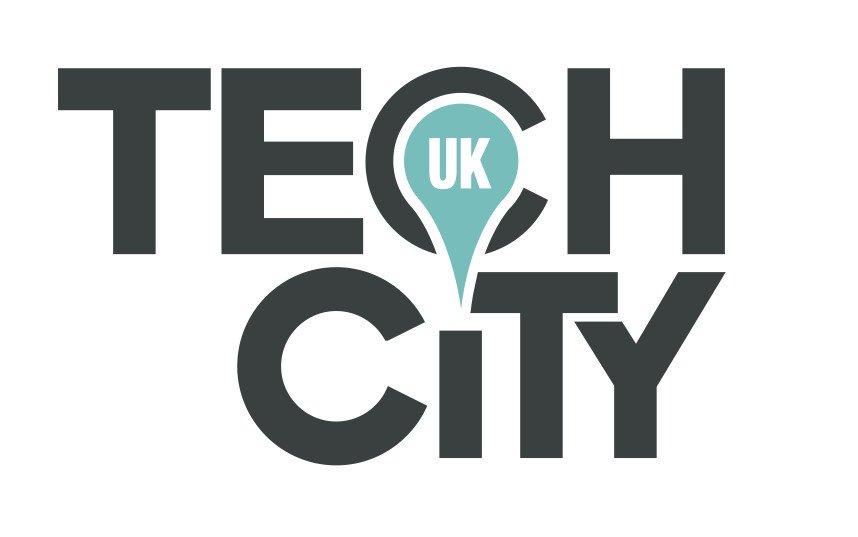How to go about the UK TechNation Visa
Posted on 23 January, 2017, on LinkedIn.
As some of you remember, in 2011 the UK government shut down its HSMP (Highly Skilled Migrant Programme) visa route, which was a quite effective method of bringing skilled talent from outside Europe into the UK. Folks like myself were left to look for opportunities as sponsored employees, or as entrepreneurs. However, neither route was ideal for people who wanted the freedom to pursue their career options somewhere between these rigidly-defined models of large-corporate employee and startup founder.
Enter the TechCity-UK-endorsed visa. This is an additional track to the Exceptional Talent (Tier 1) route, which previously only accommodated nuclear physicists, opera singers, and the like (Real Talent, as my grandmother would say!). This track was introduced to bring over people with exceptional records—or exceptional promise—in the technology field, who are passionate about the UK as a technology hub. Smart and savvy techies could now pursue their dreams in the UK, while not limiting themselves to a specific employer or tying their immigration status to the fortunes of an early-stage startup.
Yes, the visa has a quota it is not huge, but the benefits are worthwhile, and the application process thorough and thoughtful. If you've done awesome things in technology, and want to drive innovation here, you should be able to come up with the required proof and recommendations.
If you want to dig in deeper, I highly recommend this testimonial from Andrii to give you an idea of the process. Of course, if you have any questions for me about my own experience, feel free to get in touch.
An obvious question at this stage would have something to do with Brexit. I'm often wrong, but the best I can do is guess that in the longer term, a reduction in EU migration would theoretically enable the Home Office to expand the TechNation track (already in the news late last year), or to bring back HSMP in some form.
My experience in the London tech scene also leads me to believe that as the local VC sector matures, and as access to high-quality growth capital becomes easier (angel capital was never the issue here), this will expose talent shortage as the next inhibitor to startup growth, which should in turn further justify these changes in immigration policy.
